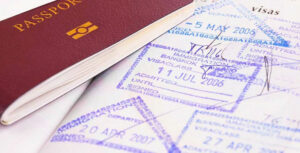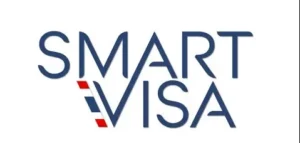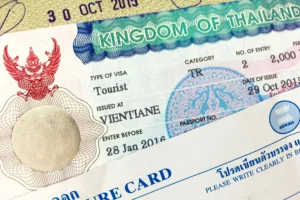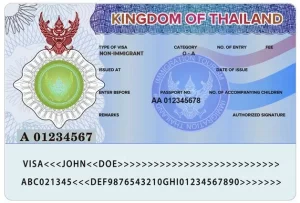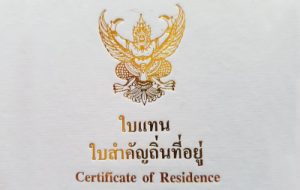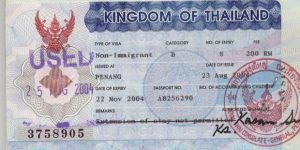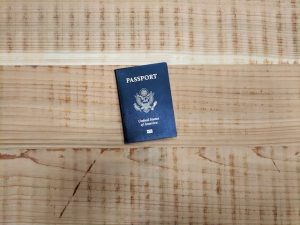A foreigner who enters Thailand for work must have a valid work permit. Working without one can lead to fines and deportation out of the country.
Employers play a major role in the process, ensuring that all requirements are met and adhered to. This includes securing a non-immigrant visa B aligned with the scope of work and submitting employer documents.
Requirements
A work permit is a legal document that allows foreigners to perform specified occupations in Thailand. Employers who want to hire a foreign employee must register their business and submit all relevant documents. Employees must also meet specific visa requirements, such as a Non-Immigrant B Visa or a Smart Visa. Family members who want to work on a non-immigrant O visa must also have a work permit.
The process of obtaining a work permit in Thailand takes seven to ten working days and requires the submission of numerous documents from both the employer and the employee. It’s important to double-check all information, as even a small mistake can delay the processing of a work permit. Additionally, employees should understand the terms of their work permits, as staying in the country after the end of employment is a serious offense and may lead to fines and imprisonment. Our experienced team of immigration experts can help you navigate the process of obtaining a work permit in the country.
Process
Any foreign national looking to work in Thailand should first secure a Non-Immigrant B Business Visa. The next step is to obtain a work permit from the Thai Ministry of Labour. The process can vary by province and employer. A significant amount of paperwork and supporting documents may be required. These may include passport-sized photos, work visa, employment letter or contract, medical certificate and company documentation such as business registration, affidavit and list of shareholders.
If working under a BOI (Board of Investment) company, the process of obtaining a work permit is more simplified. This is because BOI companies are not constrained by the same foreign ownership restrictions as conventional Thai businesses (a maximum of 49% foreign ownership). Once a work permit has been approved, it can be used to enter and stay in Thailand for up to one year. A work permit must be renewed annually. If a person resigns from their job, they must return their work permit within seven days. Failure to do so could result in a fine or imprisonment.
Renewals
Foreign workers can stay in Thailand for up to a year with a work permit. This is a document that contains the foreign worker’s photo, name, date of birth, nationality, address and signature. It is a legal document that must be carried with the worker at all times, even while working. Failure to produce this upon request of government officials could result in fines worth thousands of THB.
The work permit is tied to a specific occupation and employer. If a foreign worker wants to change their employer or the location of their office, they will need to apply for a renewal.
To obtain a renewal, the foreign worker will need to submit their recommendation letter from their employer, a copy of their medical certificate, a map of their workplace and financial reports. They will also need to pay the applicable fee. If a foreign worker fails to renew their work permit, they may face penalties such as imprisonment in extreme cases.
Documents
Foreigners working in Thailand require two key documents to be able to work legally: a non-immigrant visa and a granted work permit. Those who wish to obtain a Work Permit must first secure a Non-Immigrant B Visa, generally available through a Thai Embassy or consulate in their home country.
Then, once the visa is secured, they will need to secure a company to hire them and a letter of approval from the Ministry of Labour that they have been approved for a Work Permit. In addition, the company will need to provide certain documentation such as a copy of their business registration, VAT certificate, list of shareholders, and financial statements.
Note that there are some occupations which are prohibited from obtaining a Work Permit in Thailand, so it is important to make sure you are not working in an illegal position. MSC Notaries offer translation, notarisation and apostille services to ensure all documents used throughout the process are legalised for use in Thailand.

